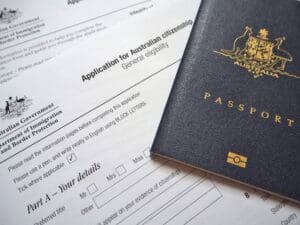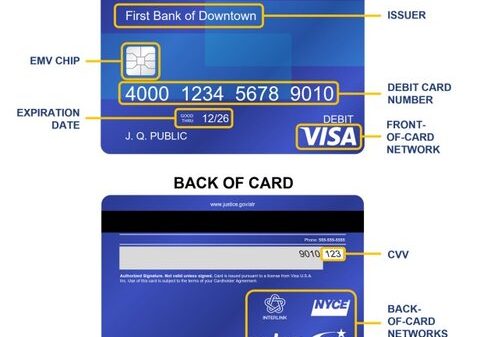Bankruptcy is a developing twenty-first century theme in America. We see bankruptcy in federal government policy and spending, many corporate boardroom decisions, nonprofit and religious groups’ overspending and arrogance, individuals, some United States cities and counties, and the territory of Puerto Rico. The federal bankruptcy law consisting of Chapters 7, 9, 11, and 13 allow bankruptcy filings for local governments, individuals, nonprofit groups, and for-profit businesses, but it does not allow bankruptcy filings for states and the federal government.
A few states are facing the reality of defaulting on their issued bond debt obligation payments and loan payments to lenders. These states are seeing current and future tax revenues decreases, net population losses, fewer private businesses, increased progressive welfare spending, and long-term underfunded public pension systems. US states are not allowed by federal law to print money to finance spending.
States declaring bankruptcy are not without precedent. The Panic of 1837 lead to several states defaulting on canal and railway debt payments in 1841. Passage of the Fourteenth Amendment to the US Constitution under section 4 required some states to declare bankruptcy after the Civil War.
Arkansas defaulted on highway bond payments in 1933 in the fourth year of the Great Depression. Tax revenues plummeted. It ran out of cash and stopped payments on all its highway bonds. The state attempted to invoke its sovereign immunity and impose losses on bondholders against their will. The approach failed. This history, described in an October 2017 Federal Reserve Bank of Cleveland report, may serve as a historical benchmark for future state bankruptcies and bond payment defaults. It appears to be the only state default after Reconstruction ended in 1877.
Standard and Poor’s (S&P) listed its bond ratings of all fifty states from 2004 to 2017. Coronavirus state spending since 2020 has made the bond ratings of some states more tenuous. No state has a junk bond rating, though Illinois is the lowest rated at BBB−, followed by New Jersey at A−. S&P bond ratings go from AAA being the highest to D the lowest. S&P analysts add a plus or minus sign to the bond rating letter grade. A junk bond rating is the low probability of that state reliably meeting future bond payments, and it must sell the bond at a higher interest rate in order to attract an investor.
Illinois and New Jersey are examples of a future state bankruptcy or default on a future bond debt obligation payment. California budget deficits under Governor Gavin Newsom are proliferating as part of the spending trend. Financial press coverage of these states’ financial problems is available. New York, Connecticut, Michigan, and other states are heading to future defaults and possible bankruptcy unless budget and policy reform is enacted.
This article cannot predict how a state’s future bond debt default would play out. Payment default negotiations between that state’s revenue officials and bondholders could take place without federal bureaucrat oversight given bankruptcy silence in federal law. The bondholders and lenders will take a loss and place substantive requirements on that state to cut spending and reform its laws and policies as part of the default settlement.
The undisciplined state spending spree will be addressed through payment default or bankruptcy resulting from inescapable economic realities. This bottoming out could begin the healing process for that state’s citizens through realistic laws, policies, budgets, and tax revenue realities. This is uncharted territory, and we should not be surprised by past poor state political and budgeting choices.
One irony is that twelve US states have bond ratings from three private bond rating agencies higher than the federal government as of August 2023. Many of these states have balanced budget laws that prohibit deficit spending, and some states limit annual spending increases from a set of requirements. Stay tuned for the American twenty-first century bankruptcy shows to continue.
























